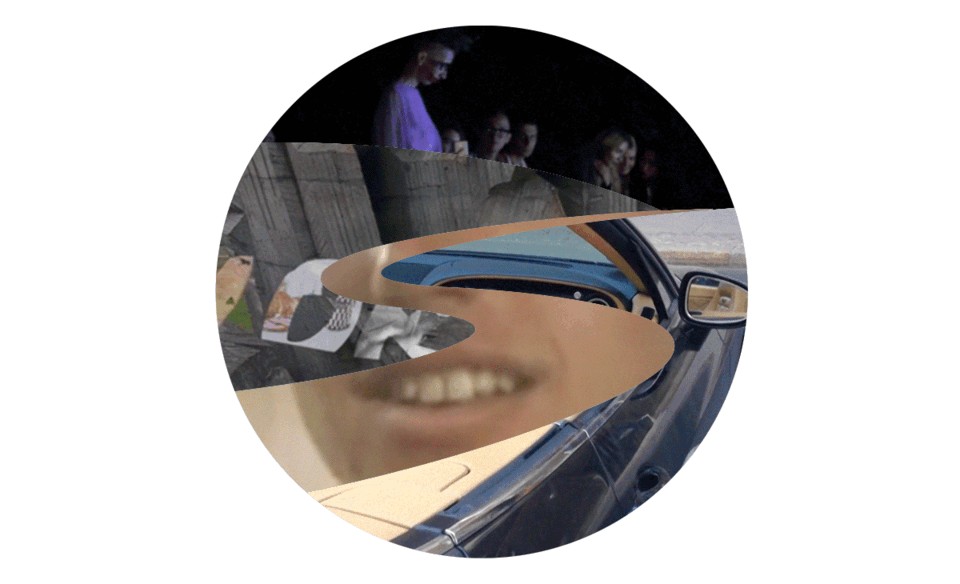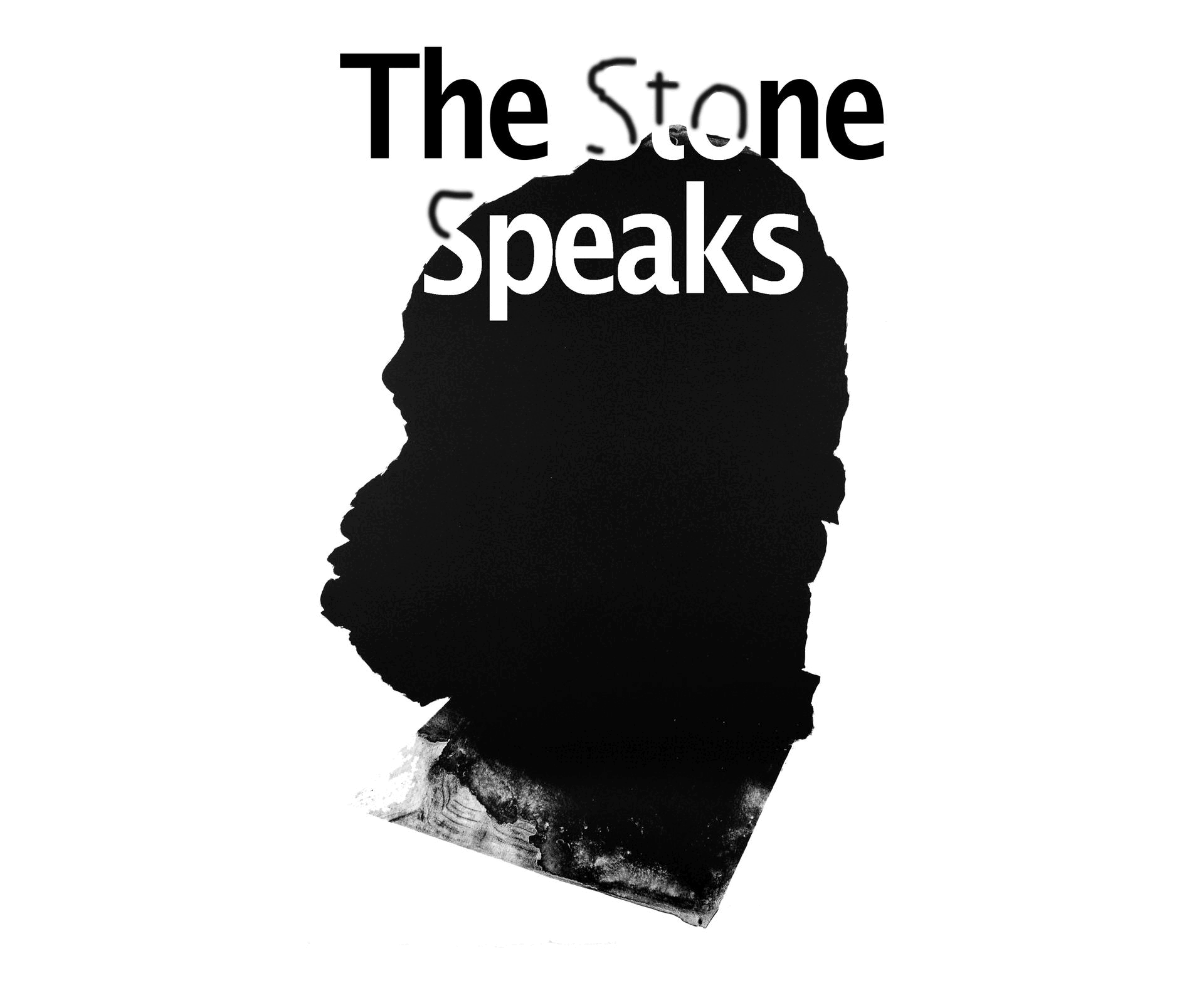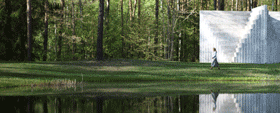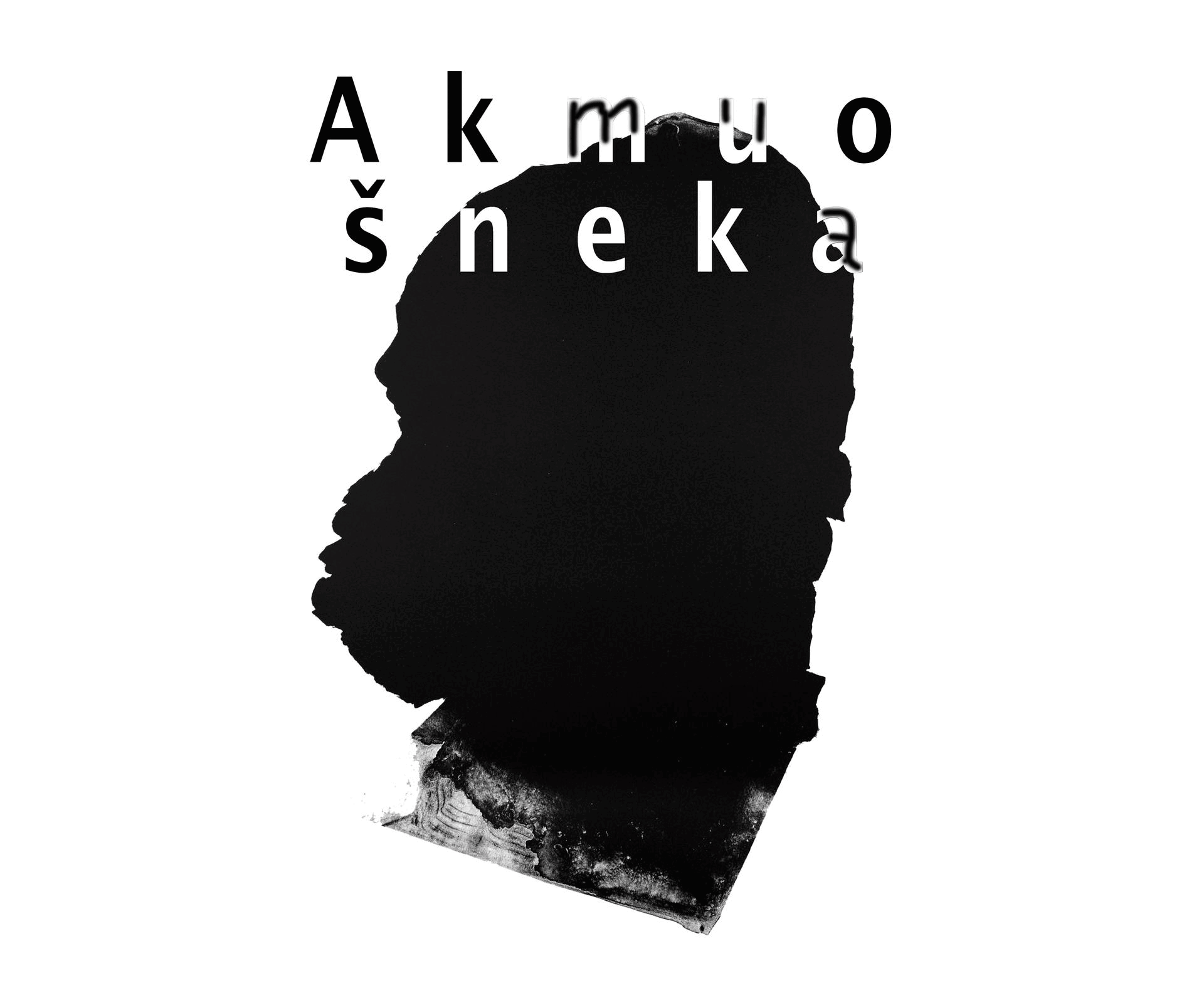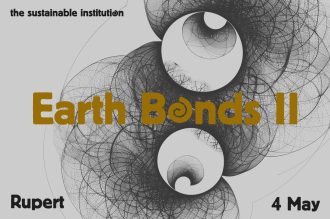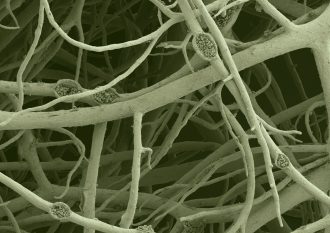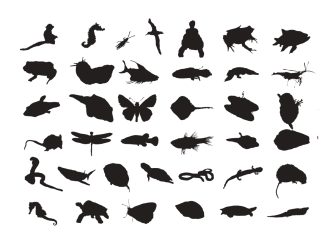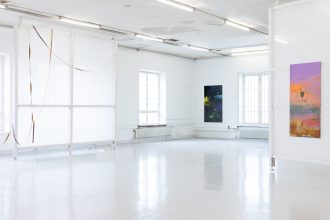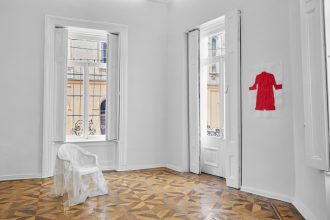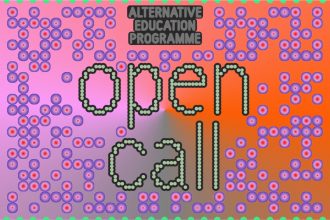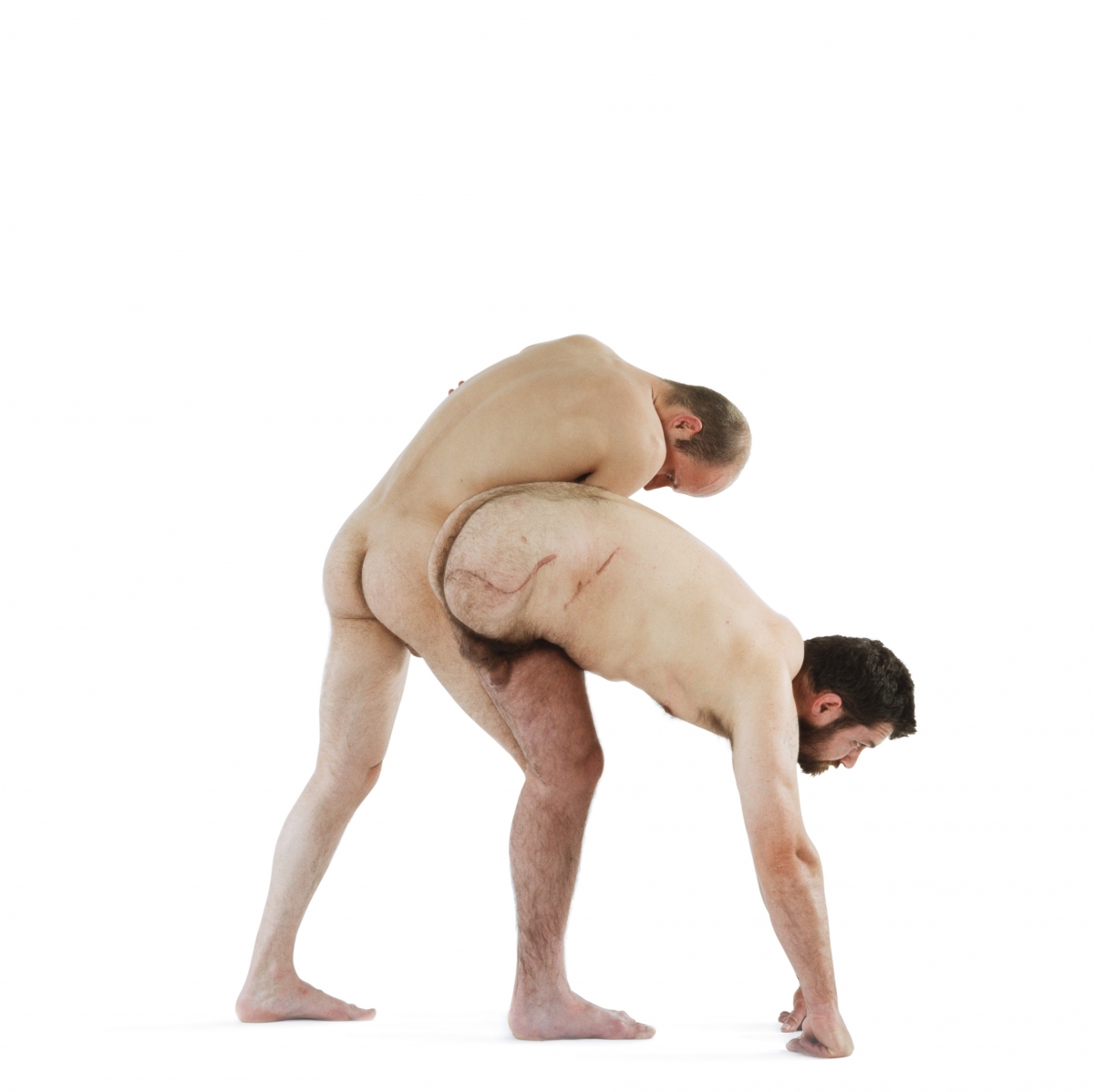
Artur Żmijewski. An Eye for an Eye. 1998. Color photograph. Courtesy to the artist
Between 3 June and 24 September 2017, Riga Pauls Stradiņš Museum of the History of Medicine at Antonijas iela 1 will be hosting a solo exhibition Blindspots by the internationally acclaimed Polish artist Artur Żmijewski.
Artur Żmijewski (born in 1966 in Warsaw, Poland) is one of the most vivid and relevant figures of the contemporary art scene in Europe. Artur Żmijewski has taken part in several editions of the Venice Biennale and shown his works at the Sao Paulo, Istanbul and Gwangju biennials, as well as the Manifesta 4, documenta 12 and documenta 14 exhibitions. His works are held in some of the world’s most significant contemporary art collections: at Tate Modern (London); MoMA (New York); Musée d’Art Moderne (Paris), etc. The artist resides and works in Warsaw.
The title of the exhibition references the approach dominating Żmijewski’s oeuvre, namely, his belief that art should illuminate the blind spots in the society’s field of vision – the areas which, according to him, attract insufficient attention. The artist is convinced that contemporary art has to be “socially applied”; it should attempt to change the values of society, “infect” various parts of the social system just like viruses infect an organism. Żmijewski’s works primarily focus on those social groups whose are most frequently subjected to risks of exclusion (for example, the disabled, destitute people, prisoners, etc.).
Exhibition assembles and exposes artist’s films and photos dedicated to representation of people with disabilities and their integration capabilities in today’s society. In his works the artist calls for recognition and respect for the otherness of disabled people, including their right for self-expression. In Żmijewski’s opinion accepting the otherness of other people is a very hard task, sometimes because we do not make the necessary effort or we do not feel inclined to. In his works, Żmijewski brings to the foreground the social model of disability, raising public awareness of the fact that limitations are caused not by disability but by the society and the barriers it erects, restricting the lives of people with disabilities. The artist involves disabled people in various practices (for instance, holding choral singing sessions for the deaf or painting workshops for the blind), not only encouraging them to transcend the boundaries of their everyday experiences, but also calling for the viewers to question the roles normally assigned to people with disabilities. In his films, the artist provides the disabled with a platform of self-expression, giving them a voice; he invites us to see them, hear them and accept their otherness. Żmijewski wants to emancipate the disabled, liberate them from the feeling of shame haunting them, encouraging them to stop being embarrassed by their imperfect bodies. The grotesque nakedness of the bodies, which is the tool that the artist uses, resists social and aesthetic marginalization to which the disabled are subjected to barriers and prejudice created by the society. According to Żmijewski, the different can be attractive because of its otherness.
The exhibition was designed using the temporary exhibition halls of the museum as well as integrating separate works of contemporary art into the permanent display of the museum. The interdisciplinary approach interlinking matters of history of medicine and contemporary art serves to call the visitors’ attention to the exhibits from the museum collection while expanding the context of contemporary art.
The exhibition in Riga Pauls Stradiņš Museum of the History of Medicine at Antonijas iela 1 will be on view from 3 June through 24 September 2017. The exhibition is organised by the association Latvia Cultural Projects. Curated by Maris Vitols (Latvia). Main supporter of the exhibition is ABLV Charitable Foundation. Exhibition is supported by Pauls Stradiņš Museum of the History of Medicine, contemporary art gallery “Galerie Peter Kilchmann” (Zurich) and “Foksal Gallery Foundation” (Warsaw). The exhibition is accompanied by a catalogue.
Text by Maris Vitols

